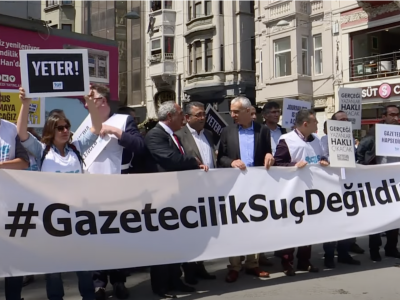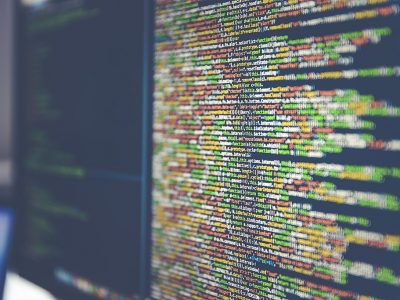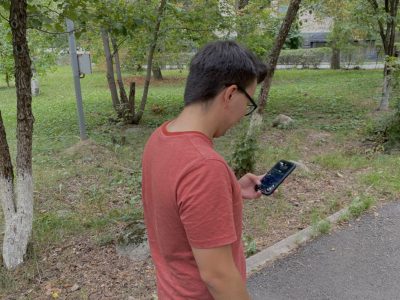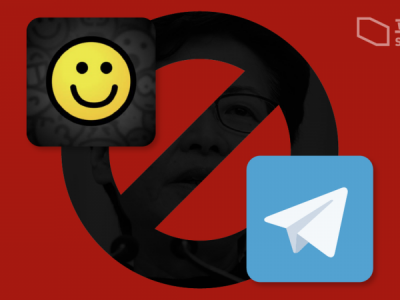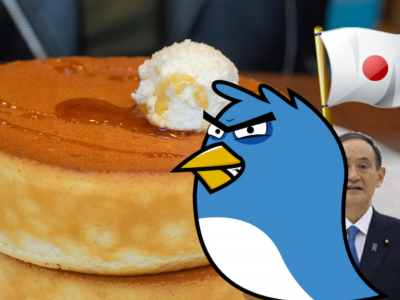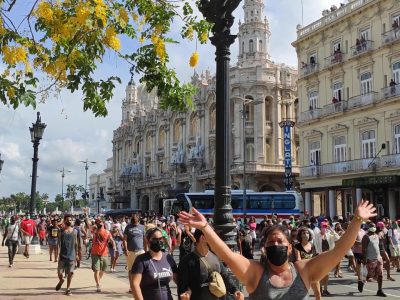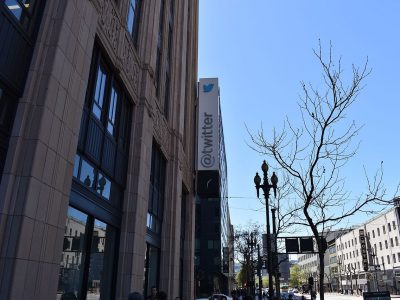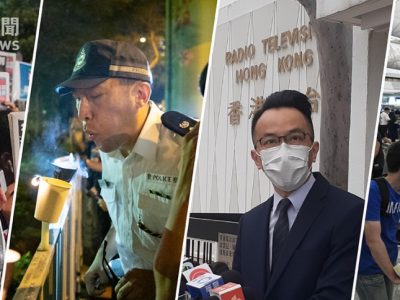Stories about WORLD from July, 2021
Who’s trying to silence the fearless voice of Sri Lankan journalist Tharindu Jayawardhana?
One of Sri Lanka’s most promising young journalists is facing intimidation following his reporting on the Presidential Commission of Inquiry probing the 2019 Easter Sunday bombings.
Russian internet censor blocks Team Navalny websites
Navalny's main website, navalny.com, as well as over 40 other webpages for Navalny's national network of campaign offices were added to Roskomnadzor's state registry for blocked websites.
Government announces new media regulations that could further constrain freedom of expression in Turkey
A number of government statements issued this week in Turkey signal a further decline on media freedom.
Global investigation reveals Pegasus Project identified in Azerbaijan and elsewhere
Around 1,000 phone numbers belonging to users in Azerbaijan were identified, among them, prominent journalists, editors, rights defenders, lawyers, political activists, as well as their friends and family members.
Pegasus spyware revelation indicates Indian state snooping on journalists, activists and politicians
The Pegasus Project released a report detailing the potential hacking and surveillance of more than 1,000 activists, journalists and politicians from India using the Israeli-made spyware, Pegasus.
Devices of journalists, government officials in Kazakhstan hacked and spied on
Journalist Serikzhan Mauletbai found himself on a list of people targeted by Israeli-made spyware the government of Kazakhstan bought. The current president and prime minister are also on the list.
Team 29, Russia's most prominent legal defense group, shuts down under state pressure
On July 19, after its website was blocked, Team 29 announced it was shutting down its operations in order to protect its staff and clients from possible criminal prosecution.
Hong Kong will pass a tough anti-doxxing law that may curb freedom of information
The internet sector has expressed concerns about the vague definition of doxxing, the extension of criminal liability to tech companies and their employees and the extraterritorial implications of the amendment.
Mozambican journalist receives international prize for press freedom
The award winner, Matias Guente "has faced a series of threats for his harsh reporting, including police interrogations, accusations of rape, state secrecy, and conspiracy and an attempted kidnapping in 2019."
State escalates attacks on media freedom and civil society in Belarus
Since the start of July, dozens of civil society organisations and independent media outlets in Belarus have faced law enforcement raids, searches and staff detentions.
Twitter Japan appears to suspend government critics
Twitter Japan typically provides no explanation for the bans, or why accounts are restored.
Released journalists share prison experiences in Myanmar
"Without letting me sleep, they interrogated me for three days. I requested water, which they allowed me only on the third day. I had food only on the fourth day."
From Cuba, with VPN
“I realized what was happening and immediately thought that in a few minutes the internet service in Cuba, or at least in San Antonio de los Baños, would be interrupted.”
Malaysian artists and activists face probe over a short film depicting police brutality
"These ongoing harassments against activists, journalists, and artists attempt to silence our voice and deflect the public pressure on the prevalent cases of custodial death in the past few months."
Social media companies could be liable for user-generated content in India
Twitter in India has found itself outside the “safe harbour” that otherwise would have protected itself legally from being implicated for the content generated by its users.
What has Hong Kong lost one year after the National Security Law was enacted?
Hongkongers have lost the right to attend public protests and assemblies; Apple Daily, Hong Kong's largest pro-democracy publication has been shut down; and numerous civic groups have been dissolved.
Access denied: the social and economic costs of Nigeria’s Twitter blackout
President Buhari of Nigeria has perceived Twitter’s support for the 2020 youth-led #EndSARS protests, together with the deletion of his tweet, as an act of hostility.



